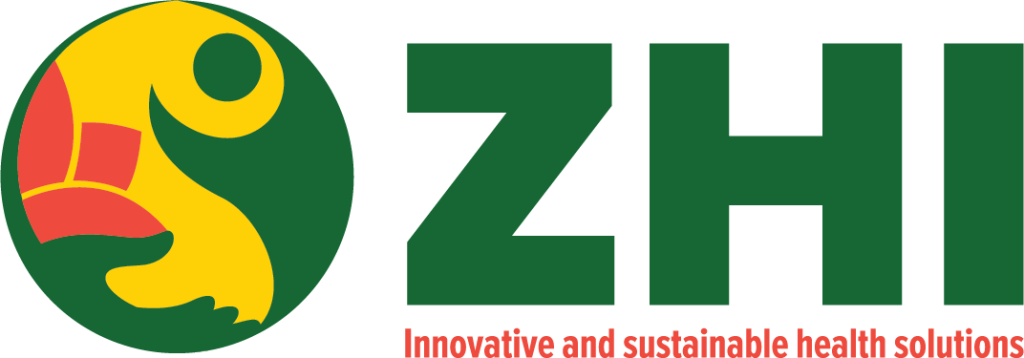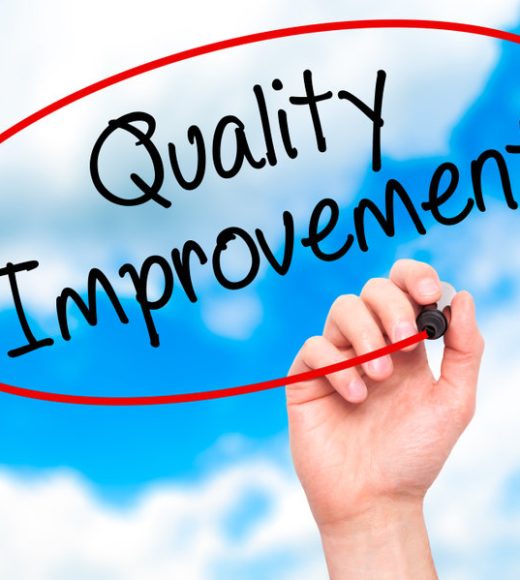
- Home
- About Us
About Us Overview
Leadership
- Our Expertise
- Our Approaches
- Our Programs
Our Projects
- Our Impact
- Get Involved
Get Involved
- Contact Us
Menu


ZHI uses a quality improvement (QI) approach and adopted the FHI-360 Total Quality Leadership and Accountability (TQLA) model as its data-driven models for adaptive management and stakeholder engagement. The “Situation Room” concept, which is a key TQLA feature, ensures daily and weekly meetings with implementation staff and local stakeholders to review localized data, identify gaps and/or bottlenecks, brainstorm on solutions, identify areas for collaboration or redoubled focus, and maximize program results. This data-driven adaptive management model promotes achievement of sustainable results. In order to incentivize supported districts to assume greater responsibility and systematically transfer knowledge and capacities for sustainability, a TQLA graduation approach is developed with local stakeholders that 1) establishes milestones for key technical, financial, and institutional capacities; 2) creates local agreements on how to build capacity through TQLA; 3) routinely monitors and scores implementation; 4) graduates districts that consistently meet score thresholds for a minimum of six months; and 5) supports districts as they assume primary responsibility to maintain reach, quality, efficiency, and effectiveness of program services.
At community and health facility levels, ZHI staff design and implement QI projects using the Plan, Do, Study, Act (PDSA) model targeting sub-optimally performing service delivery areas. Granular analysis of program data informs targeted QI implementation, root cause analysis, and development of QI plans.
Copyright © 2023 ZHI. All rights reserved.